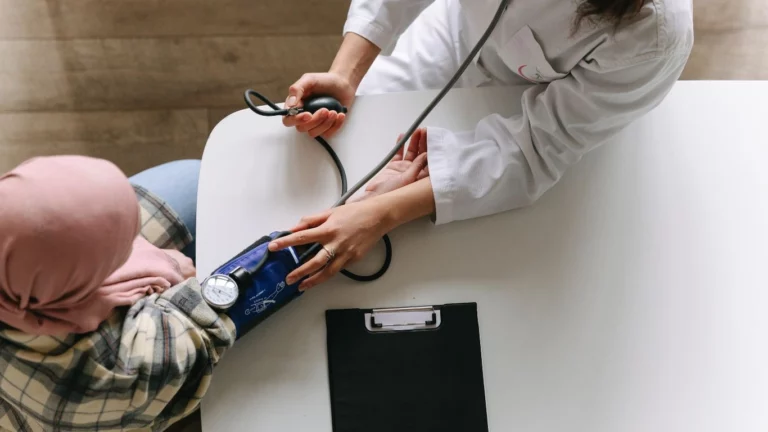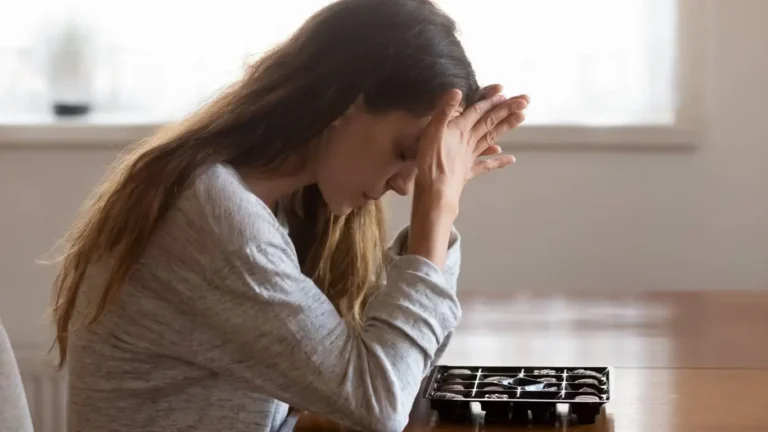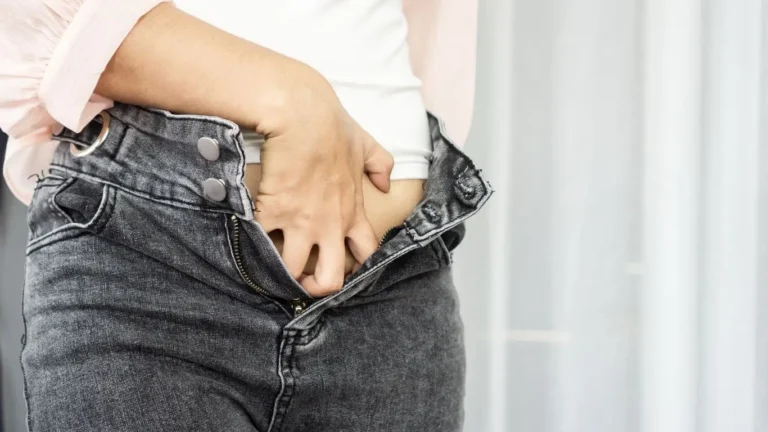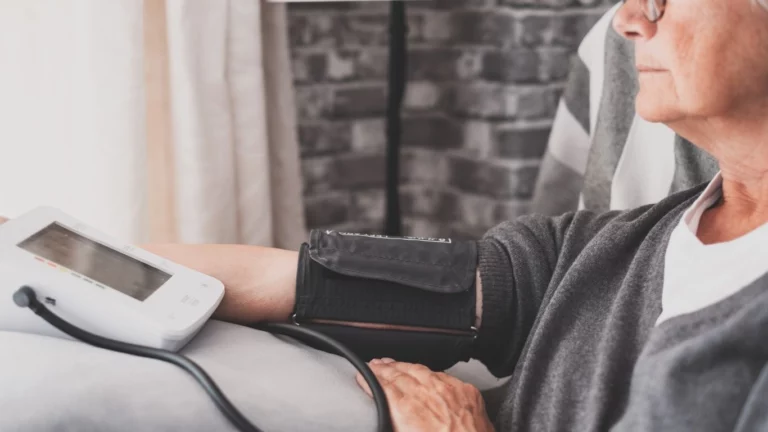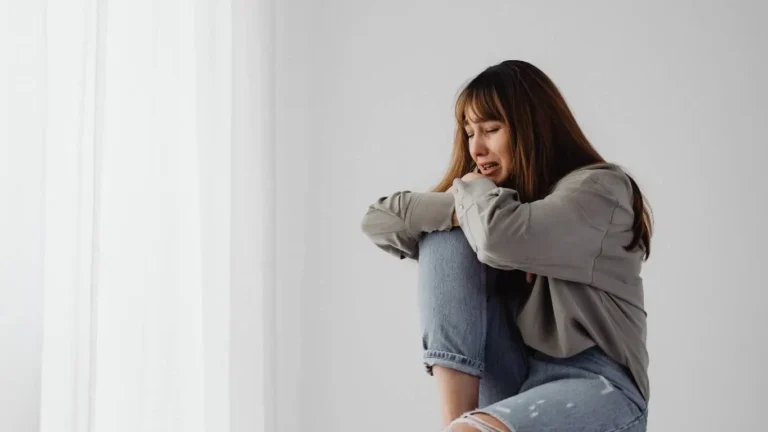7 Powerful Ways Exercise Intensity Affects Blood Pressure Levels
Let’s Talk About Exercise & Blood Pressure (No Fluff, Just Facts!)
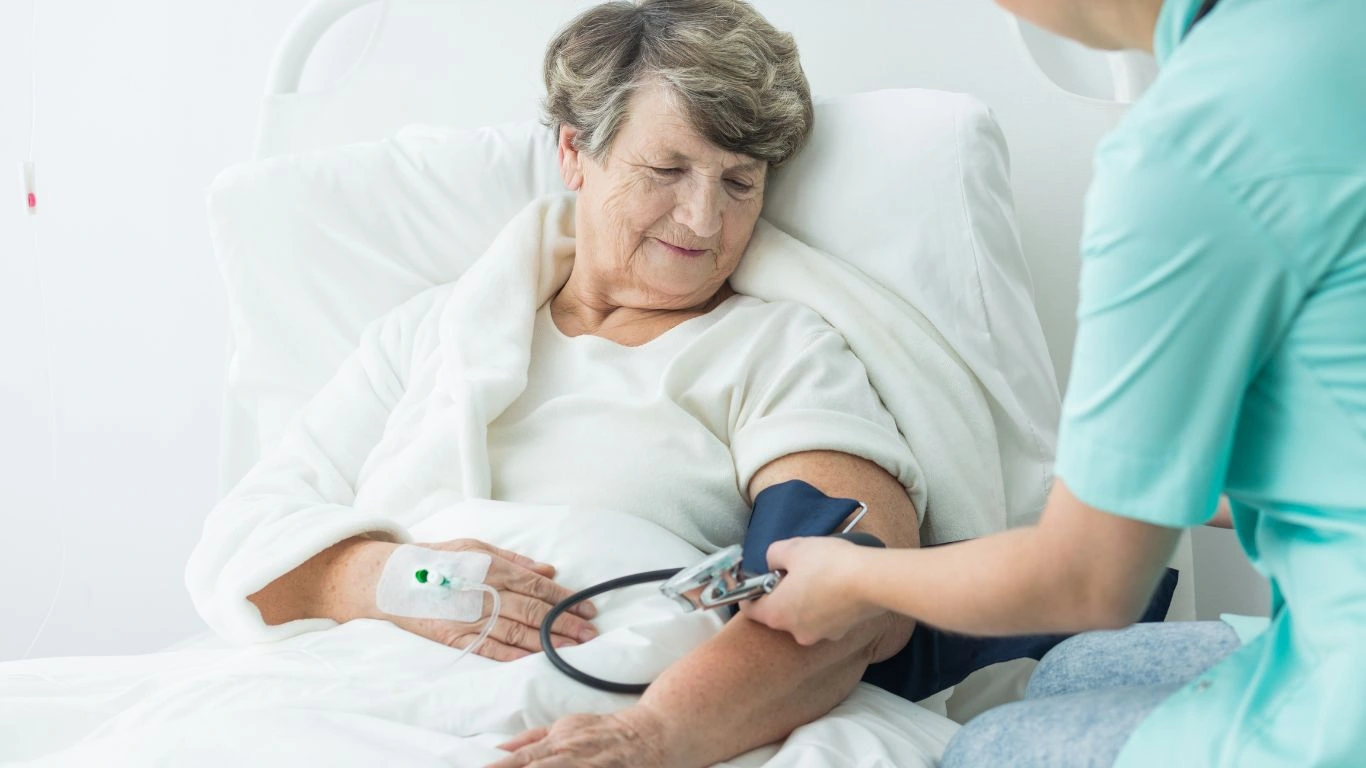
So, you’ve probably heard that exercise is great for blood pressure, right? Doctors, fitness trainers, and even your health-conscious friend won’t stop talking about it. But here’s the thing—not all workouts are created equal, and the intensity of your sweat session can have very different effects on your blood pressure.
Some exercises help calm your numbers down, while others might spike them temporarily (which isn’t always bad, by the way). If you’re dealing with hypertension or just want to keep your heart in top shape, understanding how exercise intensity affects blood pressure levels is a game-changer.
I’ve spent years working with people who struggle with high blood pressure, and trust me—I’ve seen every exercise mistake in the book. So, let’s break it all down in plain English, with zero medical jargon overload.
🩺 What Actually Happens to Your Blood Pressure When You Exercise?
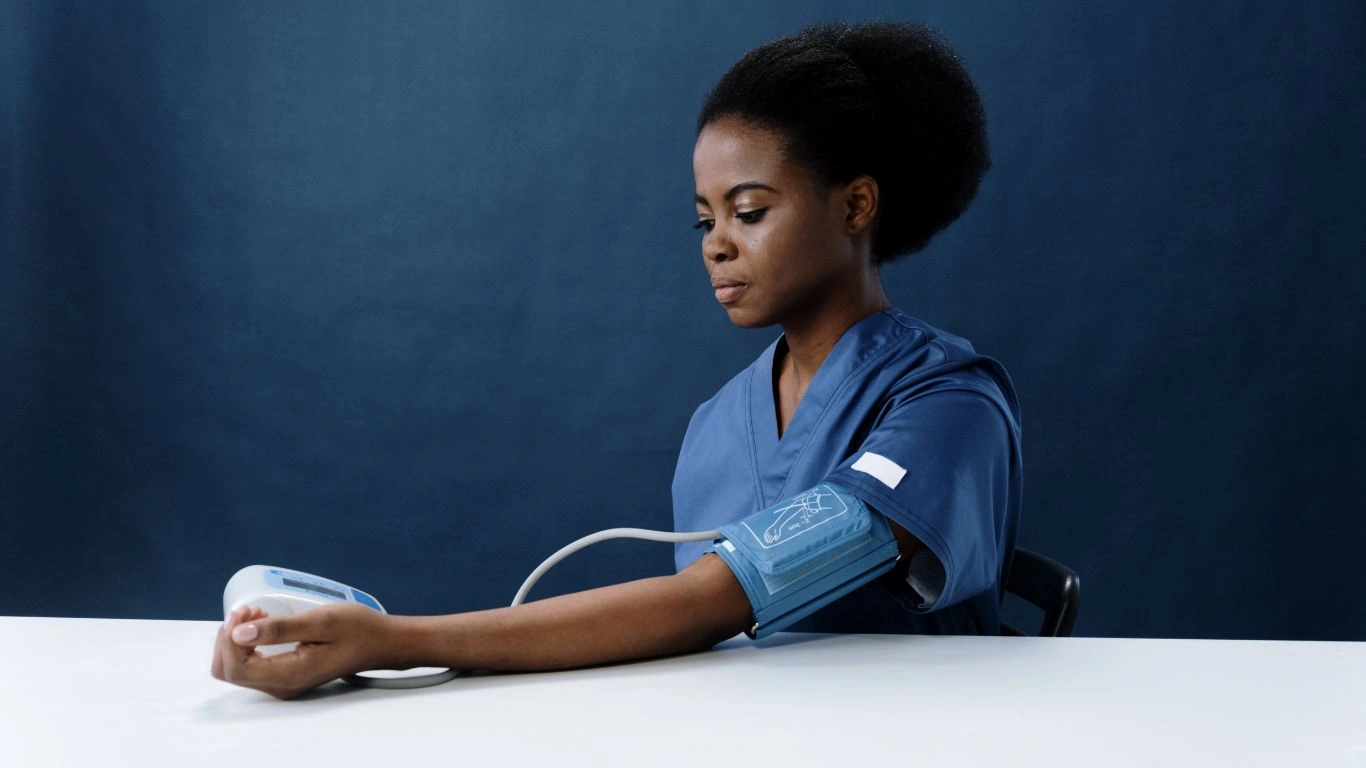
First off, blood pressure isn’t static. It goes up, down, and sideways depending on what you’re doing. When you start moving, your heart works harder, pumping blood faster to fuel your muscles. That naturally causes a temporary rise in blood pressure—which is totally normal.
But the magic happens after you exercise. Over time, regular workouts help your arteries relax and widen, making it easier for blood to flow smoothly. That means lower resting blood pressure, better circulation, and a happier heart.
So, if you’re wondering whether exercise helps with hypertension, the answer is a big, fat YES. But (and it’s a big but), the intensity of your workouts makes all the difference.
💪 The Three Levels of Exercise Intensity & Their Blood Pressure Effects
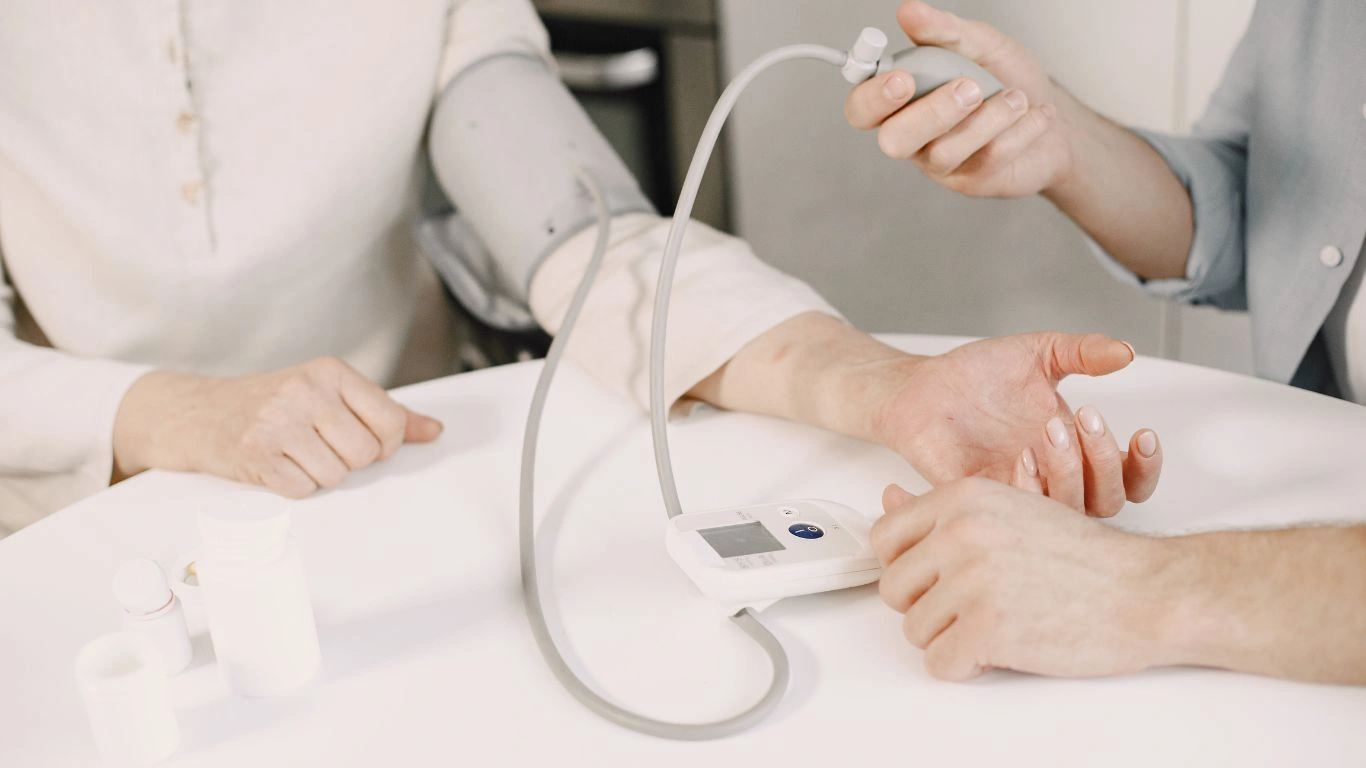
1️⃣ Low-Intensity Exercise: The Chill Zone
Think walking, gentle yoga, stretching, or slow cycling—the kind of movement that gets your blood flowing but doesn’t leave you gasping for air.
- What it does: Gradually lowers blood pressure over time without stressing the heart.
- Who it’s best for: Perfect for beginners, people with severe hypertension, or anyone looking for a safe and steady way to improve heart health.
- How often: 30-60 minutes most days of the week can work wonders.
👉 Real Talk: I had a client, Maria, who hated working out. She started walking 20 minutes a day (grumbling the whole time), but after two months, her blood pressure dropped by 10 points. No drastic changes, just consistent movement.
2️⃣ Moderate-Intensity Exercise: The Sweet Spot
This includes brisk walking, swimming, dancing, or cycling at a steady pace—enough to make you breathe harder but still able to hold a conversation.
- What it does: Strengthens the heart, improves circulation, and gradually lowers systolic and diastolic blood pressure.
- Who it’s best for: Those with mild hypertension or anyone looking to build a solid heart-healthy routine.
- How often: 150 minutes per week (that’s just 30 minutes, five days a week).
👉 Quick Story: My neighbor Joe (who loves BBQ more than cardio) started cycling with his grandson. Three months in, his doctor was shocked—his BP went from 145/90 to 130/80 just from biking twice a week.
3️⃣ High-Intensity Exercise: The Powerhouse
This includes HIIT workouts, sprinting, heavy weightlifting, or intense aerobics—where your heart really starts pounding.
- What it does: Improves cardiovascular fitness fast, but can cause temporary blood pressure spikes.
- Who it’s best for: Healthy individuals, people with controlled hypertension, or athletes.
- Caution: If your BP is above 180/120, high-intensity workouts might be risky without medical guidance.
⚠️ Common Problems & How to Fix Them
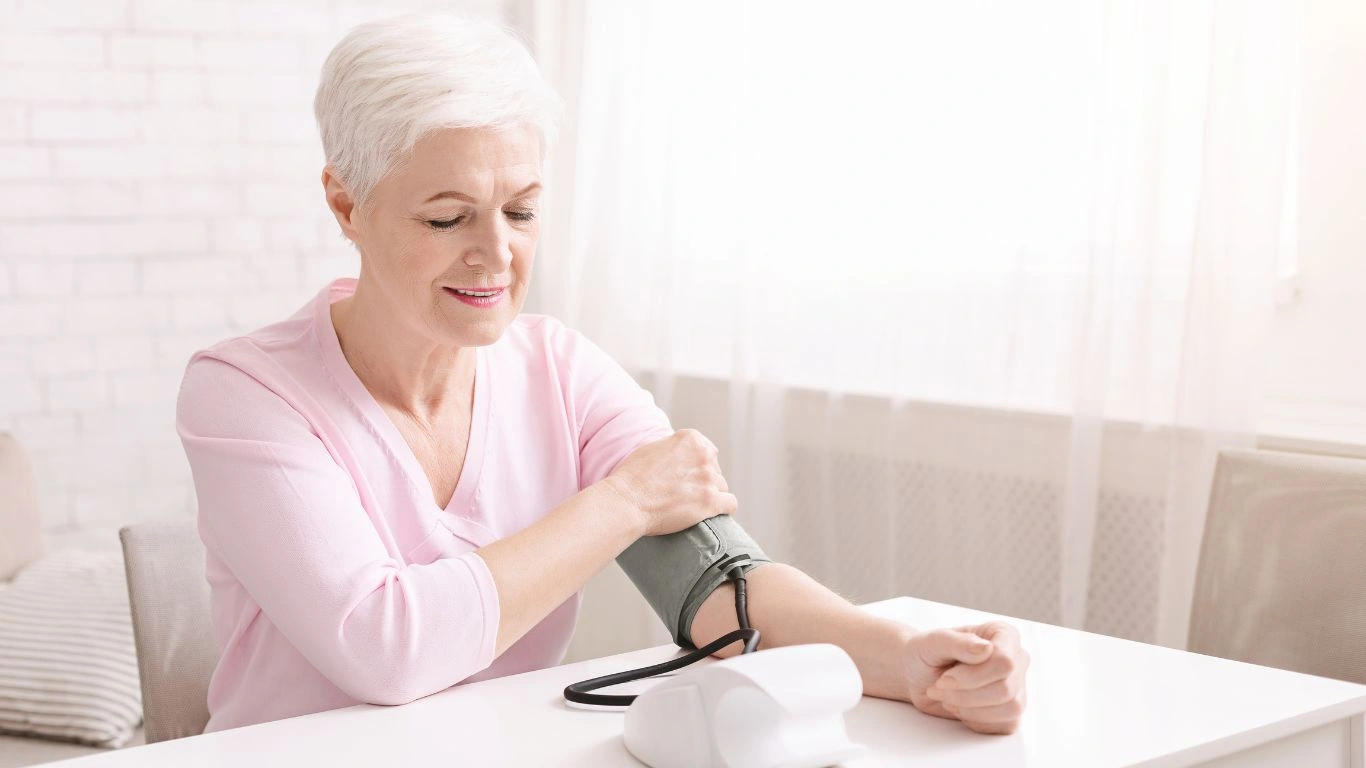
🚨 “Why does my blood pressure spike right after a workout?”
That’s normal! BP temporarily rises when you exercise, but it should return to normal within an hour. If it stays high for too long, chat with your doctor.
🩸 “Can exercise be dangerous for high blood pressure?”
Certain exercises (like heavy lifting or extreme HIIT) can spike BP too much if you’re not careful. Stick to moderate activities and always listen to your body.
🤕 “I feel dizzy after exercising—what’s wrong?”
You might be dehydrated, dropping BP too quickly post-workout, or standing up too fast. Cool down properly, drink water, and take it slow.
📌 Appendix
📚 References
💬 Call to Action
Got a BP story to share? Drop it in the comments! Need personalized advice? Talk to a healthcare pro today!

Dr. Gwenna Aazee is a board-certified Internal Medicine Physician with a special focus on hypertension management, chronic disease prevention, and patient education. With years of experience in both clinical practice and medical writing, she’s passionate about turning evidence-based medicine into accessible, actionable advice. Through her work at Healthusias.com, Dr. Aazee empowers readers to take charge of their health with confidence and clarity. Off the clock, she enjoys deep dives into nutrition research, long walks with her rescue pup, and simplifying medical jargon one article at a time.


